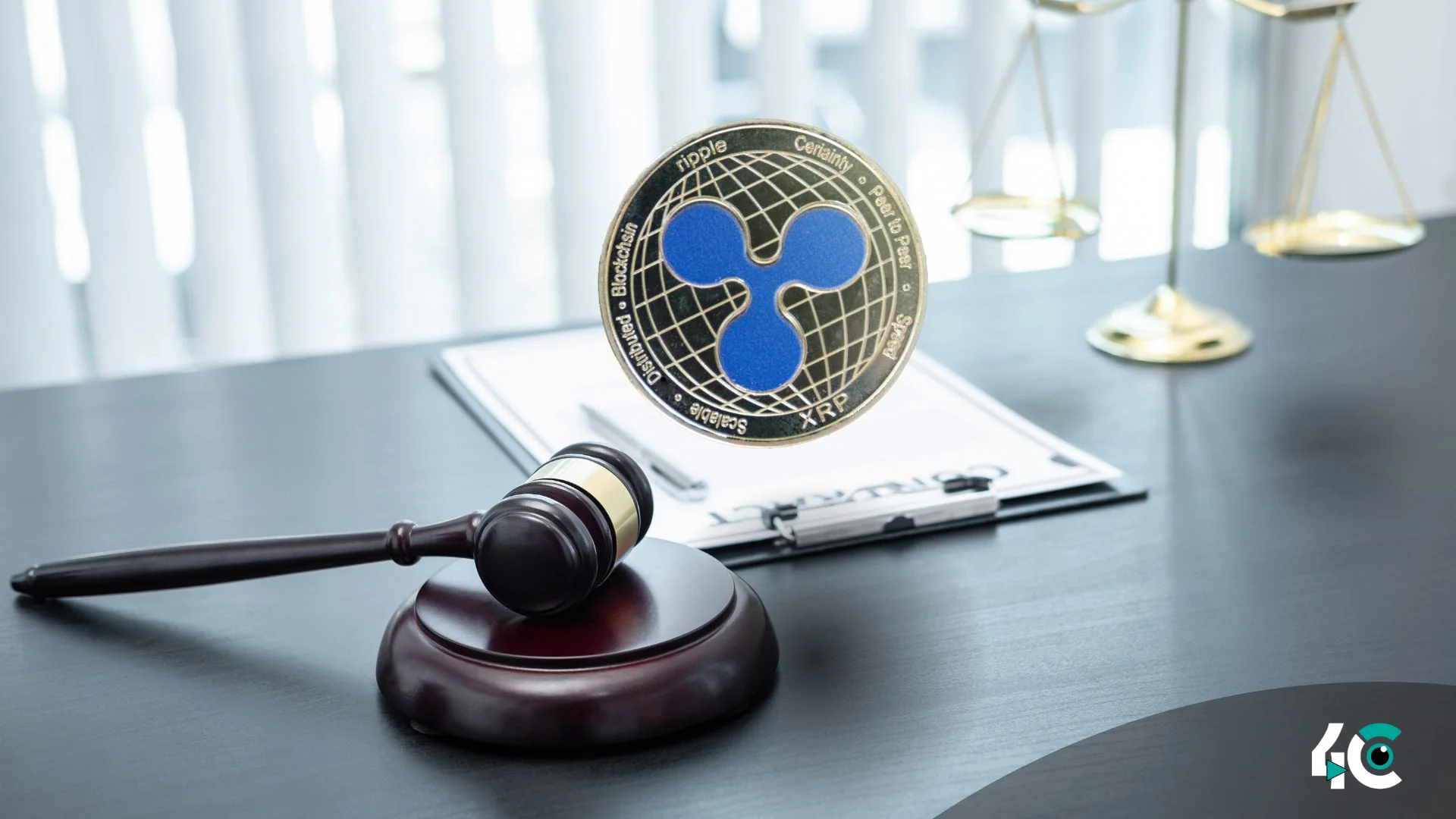The U.S. Securities and Exchange Commission (SEC) has filed an appeal in the Ripple Labs case, which is a big deal because it means the whole cryptocurrency industry could be changed by a recent decision. When the appeal was sent on October 2, it was based on a 2023 ruling by Judge Analisa Torres that said secondary sales of XRP do not qualify as stocks.
Ripple Labs and its owners were sued by the SEC in December 2020. The SEC said that Ripple sold its digital currency, XRP, in an illegal securities offering that brought in more than $1.3 billion. The case has become one of the most closely watched in the world of cyber law.
XRP’s sales on the secondary market did not meet the SEC’s Howey Test’s standards for being classified as investment contracts, so Judge Torres decided in favor of Ripple in July 2023. A big win for Ripple came when Judge Torres said that secondary sales were not the same as stock deals.
The judge did say, though, that the first sales of XRP by Ripple’s founders to big buyers were in fact sales of securities. This gave the SEC some ground in the ongoing lawsuit. This mixed result made it possible for the SEC’s latest appeal, which a lot of lawyers thought would happen.
In response to the SEC’s appeal, Brad Garlinghouse, Ripple’s CEO, said he was confident in the company’s stance. He stressed that the law had already established that XRP is not a security, which showed that the company was ready for a long court fight. Stuart Alderoty, Ripple’s Chief Legal Officer, said that the appeal was upsetting but not a surprise. Ripple is also thinking about a possible cross-appeal, which could make the case last longer and possibly all the way into 2026.
This case is about more than just Ripple; how it turns out could affect how other coins are regulated in the U.S. Some people saw the first decision as a possible turning point for Ethereum and other digital currencies that were being looked at. But the SEC’s appeal makes it harder to predict how coins will be regulated in the future.
On October 11, the SEC said that Gurbir Grewal, who was in charge of its investigations section, was leaving his job. During his time in office, Grewal led more than 100 moves to punish the crypto business. Even though there isn’t a formal replacement yet, Sanjay Wadhwa will be the acting top enforcement officer.
Bitwise’s latest application for an XRP exchange-traded fund (ETF) in Delaware shows that interest in the cryptocurrency is still high, even though it is facing legal problems. The current appeals process could make it take longer for the SEC to approve these kinds of financial goods, but this move shows that institutions are becoming more interested in XRP.
The ongoing Ripple case will be closely watched by both the cryptocurrency community and governmental bodies. The decision could change how digital currencies and US securities rules work together, which could have an effect on future coin projects and investments. Ripple’s ongoing fight with the SEC shows how hard it is to understand legal frameworks in a world where digital assets are always changing.
































